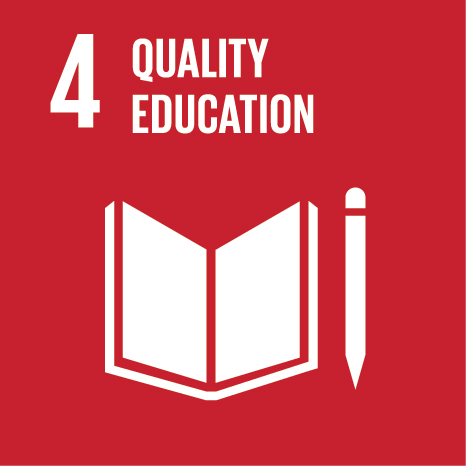 +265(0)111 624 222
+265(0)111 624 222 research@unima.ac.mw
research@unima.ac.mw Chirunga-Zomba, Malawi
Chirunga-Zomba, Malawi
Rooted Cosmopolitan Education
Abstract
In this chapter, we discuss the notion of inclusive cosmopolitanism as espoused by Kwame A. Appiah. The central theme of Appiah’s cosmopolitanism is the idea of rooted cosmopolitanism. Rooted cosmopolitanism is grounded in the distinction Appiah draws between moral and ethical duties. On the one hand, moral duties pertain to the impartiality in the generally thin relations that are political in nature and governed by such things as distributive schemes of a society. Such duties could either be in reference to local or global people. Ethical duties, on the other hand, pertain to the realm of individual commitments grounded in the nature of the individual as an embedded autonomous choice-making being about what constitutes the good life. The ethical person is an embedded being in a complex set of different personal relationships. Though individuals differently value the social-cultural context of their embedded-ness, elements of such a context are however, indispensable in the expression and concreteness of the autonomy of the individual. In this chapter, we contend that education informed by rooted cosmopolitanism must necessarily be responsive to the sources of individual rootedness for different people across the world.
| Original language | en |
| Pages (from-to) | 29-40 |
| Publication status | Published - 2020 |
UN SDGs
This research output contributes to the following United Nations (UN) Sustainable Development Goals (SDGs)

License
http://www.springer.com/tdmUN SDGs
This research output contributes to the following United Nations (UN) Sustainable Development Goals (SDGs)

License
http://www.springer.com/tdmUN SDGs
This research output contributes to the following United Nations (UN) Sustainable Development Goals (SDGs)

License
http://www.springer.com/tdm